
In February, several major Hollywood studios filed a lawsuit against Omniverse One World Television.
Under the flag of anti-piracy group ACE, the companies accused Omniverse and its owner Jason DeMeo of supplying of pirate streaming channels to various IPTV services.
Omniverse sold live-streaming services to third-party distributors, such as Dragon Box and HDHomerun, which in turn offered live TV streaming packages to customers. According to ACE, the company was a pirate streaming TV supplier, offering these channels without permission from its members.
Omniverse disagreed with this characterization and countered that it did everything by the book. It relied on a deal from the licensed cable company Hovsat, which has a long-standing agreement with DirecTV to distribute a broad range of TV-channels with few restrictions.
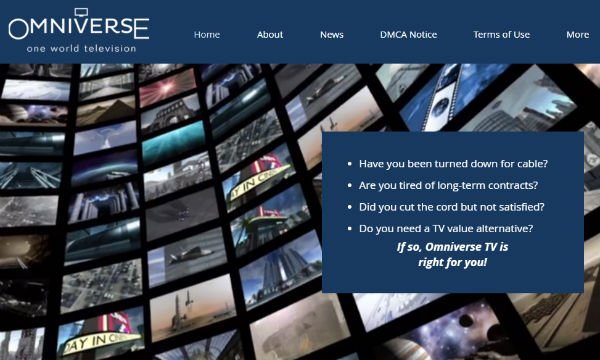
As time went on, however, it transpired that the streaming provider was clearly worried about the legal threat. After several of its distributors distanced themselves from the service, Omniverse decided to wind down its business.
The streaming provider also filed a third-party complaint (pdf) against Hovsat for indemnification and breach of contract, among other things. Omniverse believed that it was properly licensed and wants Hovsat to pay the damages for any alleged infringements if that was not the case.
That there are damages became crystal clear yesterday, when ACE announced that it had obtained a consent judgment against Omniverse. Both parties have agreed to settle the matter with the streaming provider committing to pay a $50 million settlement.
“Damages are awarded in favor of Plaintiffs and against Defendants,
jointly and severally, in the total amount of fifty million dollars,” the proposed judgment reads.

The agreement also includes a permanent injunction that prevents Omniverse and its owner Jason DeMeo from operating the service and being involved in supplying or offering pirate streaming channels in any other way.
The damages amount of $50 million is a substantial figure. In the past, however, we have seen that the public figure can be substantially higher than what’s agreed in private. In any case, Omniverse may hold Hovsat accountable, as previously suggested.
Karen Thorland, Senior Vice President at the Motion Picture Association, which has a leading role in the ACE coalition, is pleased with the outcome.
“This judgment and injunction are a major win for creators, audiences, and the legitimate streaming market, which has been undermined by Omniverse and its ‘back office’ piracy infrastructure for years,” Thorland, says
Over the past years, ACE has built a steady track record of successful cases against IPTV providers and services. In addition to Omniverse, it also helped to shut down SetTV, Dragon Box, TickBox, Vader Streams, and many third-party Kodi addons.
The consent judgment and permanent injunction (pdf) have yet to be signed off by the court but since both parties are in agreement, that’s mostly a formality.
Source: TF, for the latest info on copyright, file-sharing, torrent sites and more. We also have VPN reviews, discounts, offers and coupons.










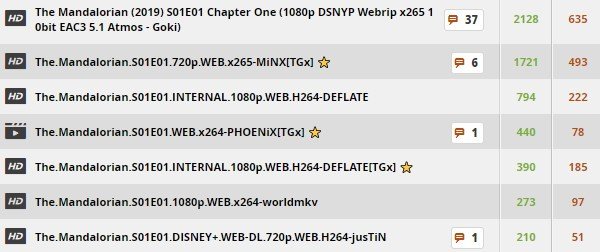
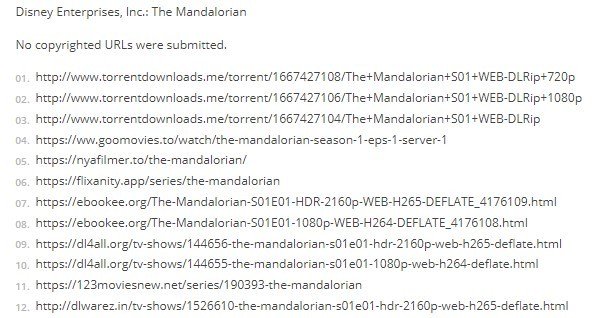

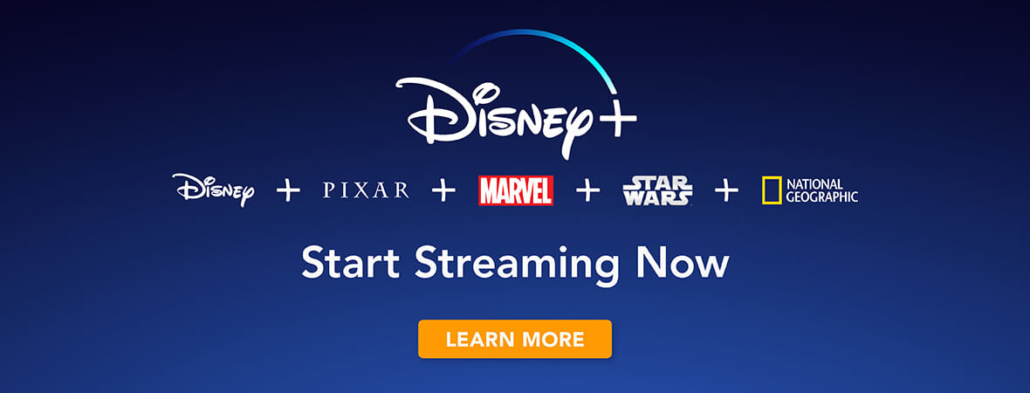
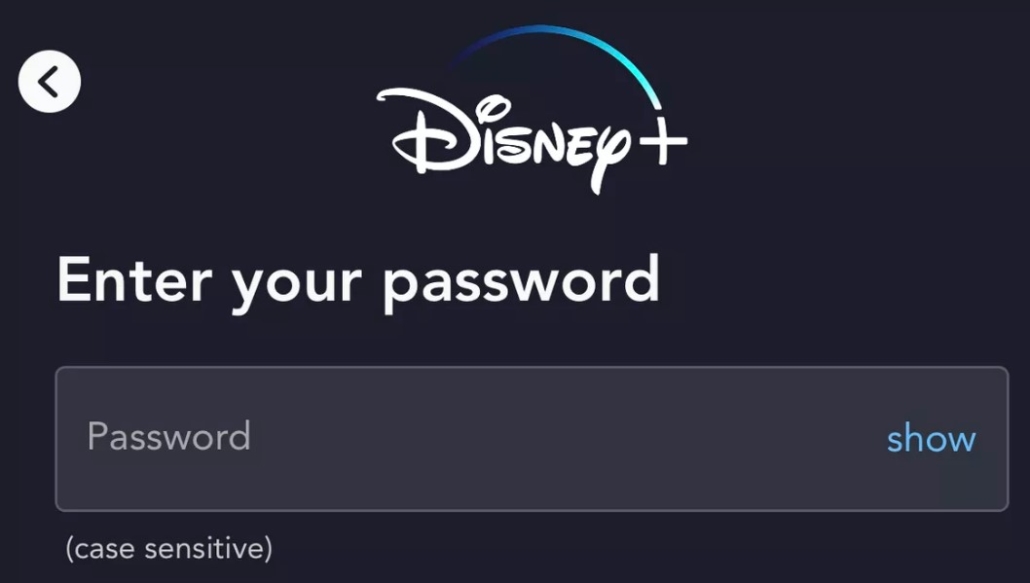
 This week we have three newcomers in our chart.
This week we have three newcomers in our chart.